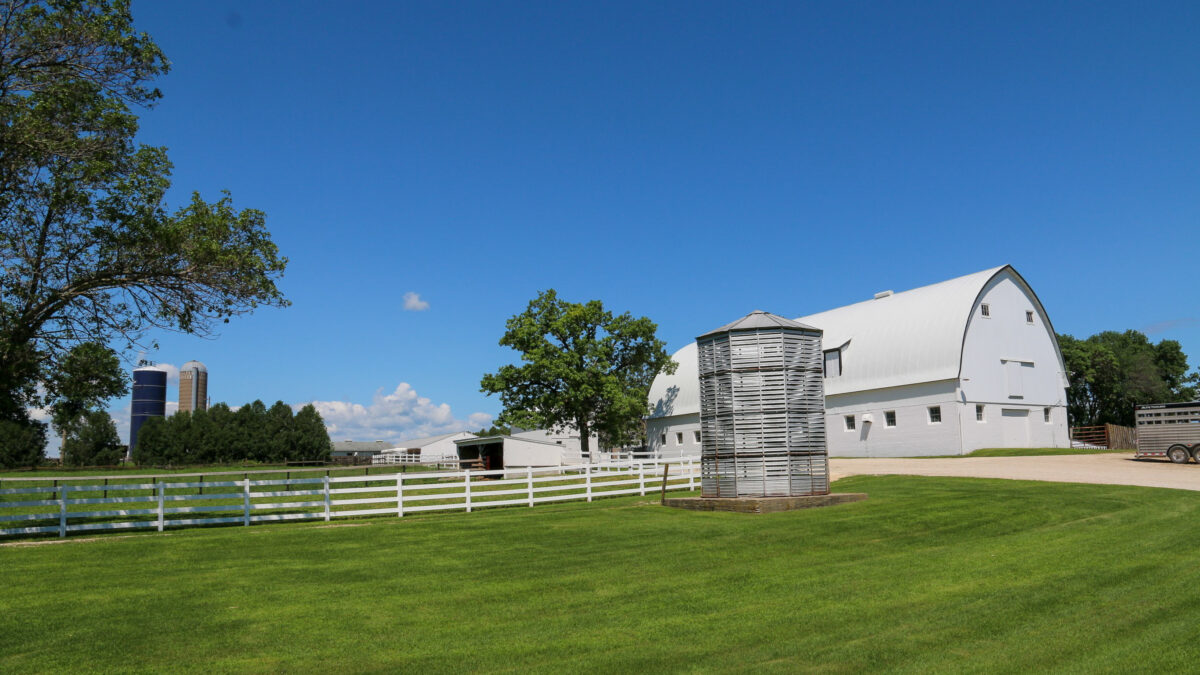Millennials May Find their Dream Job on the Farm
Guest Author
Special Contributor to FB.org

photo credit: Alabama Farmers Federation, Used with Permission
Guest Author
Special Contributor to FB.org
By Robert Giblin
The faces of agriculture are changing, as more and more young people are attracted to agricultural career opportunities that fit their desires, lifestyles and interests. Yet, ag is still failing to attract enough people to meet current and future needs.
Farming is poised for a massive generational shift that raises serious concerns about how food production will transfer to the next generation. More than one-third of farmers are over age 65, and two-thirds are over age 55. Similarly, food and ag companies are concerned about a shortage of talent to replace their aging workforces.
A 2016 study sponsored by Land O’Lakes Inc. and conducted by ORC International showed that only 3 percent of college graduates and 9 percent of millennials said they had thought about an ag career, or would consider it. More than half of respondents said it would be difficult to find jobs in ag, and 76 percent did not think or weren’t sure ag careers paid well.
Conversely, there are also signs that millennials are flocking to ag careers. Enrollment in college and university agricultural programs increased from about 120,000 in 2004 to more than 137,000 in 2012, and it continues to grow. Between 1970 and 2014, the number of bachelor’s degrees in agriculture and natural resources tripled to more than 35,000, and master’s degrees grew 250 percent to more than 6,500 – still thousands short of USDA forecasts predicting a need for nearly 58,000 college graduates in agriculture and food for each of the next several years.
The number of young people pursuing farming as an occupation is decreasing, but if they give it a second look, they will find that ag careers match a lot of their goals and values. Millennials thrive on innovation and the use of technologies to increase profitability, reduce environmental impacts, improve quality, and foster a better work-life balance than their parents and grandparents had. They also value the collaborative management style, which increasingly dominates modern farming and ranching, especially on larger farms.
Colleges and universities are also adapting to appeal to millennial “foodie” interests. In a modern take on the old combination of production agriculture and “home economics” offerings, higher education is adapting with the addition of new interdisciplinary courses bringing together farming, natural resource conservation, food science, social science and culinary arts.
Millennials embrace technology, and agriculture is at the forefront, with opportunities in plant and animal genetics, drones, advanced computerization and satellite integration. Improved Internet access is also reducing isolation and increasing attractiveness in rural areas.
Also appealing are careers paths tied to agriculture on a broader scale, like water resource management, habitat reclamation and conservation, renewable fuels and farm policy.
Robert Giblin
Freelance writer
Robert Giblin writes, speaks and consults about agricultural and food industry issues, policies and trends.
Top Issues
VIEW ALL